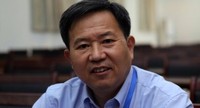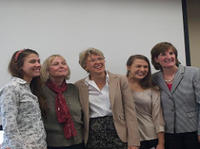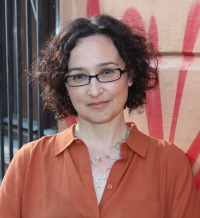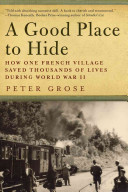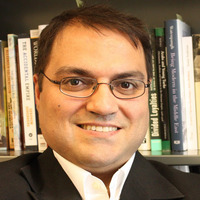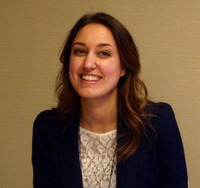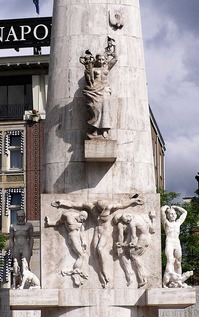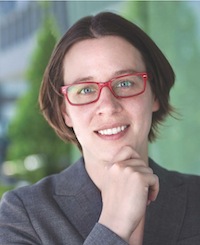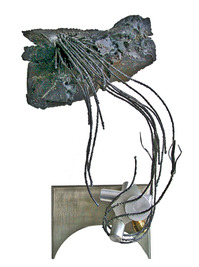100 Years of Genocide
International Student Conference
100 Years of Genocide: Remembrance, Education, Prevention
University of Minnesota
Humphrey School of Public Affairs, Room 25
April 24, 2015
As 2015 marks the 100th Anniversary of the
Armenian Genocide, The Center for Holocaust and Genocide Studies, the Human Rights Program, the Institute for Global Studies, and the Ohanessian Chair hosted
three days of events to commemorate this centennial. The objectives of these events are to promote public understanding of the genocide and the fates of those who lost their lives and those who escaped. The events also analyze responses by the international community, and discuss the long-term implications for international policy and actions to prevent and respond to genocide.
The student conference brought together young scholars, graduate and advanced undergraduate students from different disciplines that are working on the Armenian or other episodes of genocide and mass violence.
Program
8:45 - 9:15
Registration
9:15 - 9:30
Welcome
Evelyn Davidheiser, Director, Institute for Global Studies
Alejandro Baer, Associate Professor in Sociology, and Director of the Center for Holocaust and Genocide Studies
9:30 - 11:00
Sesssion 1
The Armenian Genocide: Survival, Trauma, Resilience
Professor Bedross Der Matossian, University of Nebraska - Lincoln
(Moderator)
Angel Amirjanyan, Yerevan State University (Armenia)
The Psychological Effects of Genocide
Peter Kranitz, Pazmany Peter Catholic University (Hungary)
Survivors, Asylum Seeking and Repatriation: The case of Armenian refugees in Constantinople
Varduhi Gumruyan, Anania Shirakatsy Lyceum Educational Complex (Armenia)
Armenian Genocide: Consequences as Posttraumatic Stress
11:15 - 1:00
Session 2
Armenians and Turkey after the Genocide
Professor Joachim Savelsberg, University of Minnesota
(Moderator)
Vahram Ayvazyan (Armenia)
Turkish Denial and Public Opinion
Gevorg Petrosyan, National Academy of Sciences, Republic of Armenia
"Shared Pain": Turkish Government's current steps toward denial of Armenian Genocide
Torkom Movsesiyan, City College of New York (2009), TORKOMADA, Inc.
The Armenian Holocaust and International Law
1:00 - 2:00
Lunch Break
2:00 - 3:30
Session 3
Responses to Genocide: Justice, Media and Mediations
Professor Barbara Frey, University of Minnesota
(Moderator)
Lindsay Blahnik, University of Minnesota
Transitional Justice and Social Cohesion: effects of punitive and restorative justice on social cohesion following the Rwandan Genocide
Tom Dunn, Exeter University (U.K.)
Rethinking British Perceptions of Genocide and Mass Atrocities: The Sierra Leonean Civil War and Britain, 1997-2002
Rebecca Shnabel, University of Wisconsin - La Crosse
Traversing Translation: A Reader's Response and Marxist Critique of Elie Wiesel's Un di Velt Hot Geshvign, La Nuit, and Night
3:45 - 4:45
Session 4
The Causes of Genocide and its Prevention
Professor Alejandro Baer, University of Minnesota
(Moderator)
Kayla Nomina, Valparaiso University
Patterns of the Past: Determining common causal agents of genocide to predict and
prevent future mass atrocities
Joe Eggers, University of Minnesota
Native Americans and Armenians: Exploring nationalism in genocidal violence
4:45 - 5:00
Concluding Remarks
Events organized by the Center for Holocaust and Genocide Studies, Human Rights Program, Institute for Global Studies, and Ohanessian Chair. Made possible by the Ohanessian Endowment Fund for Justice and Peace Studies of the Minneapolis Foundation.
